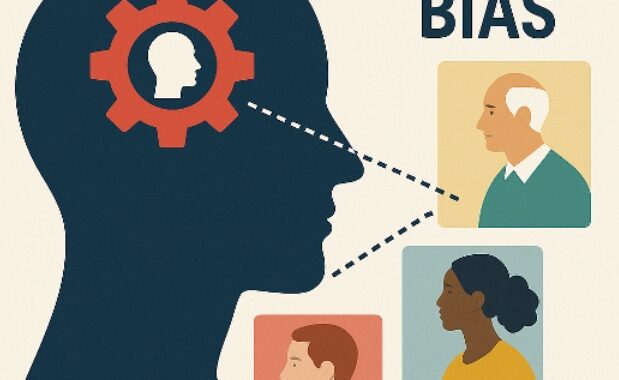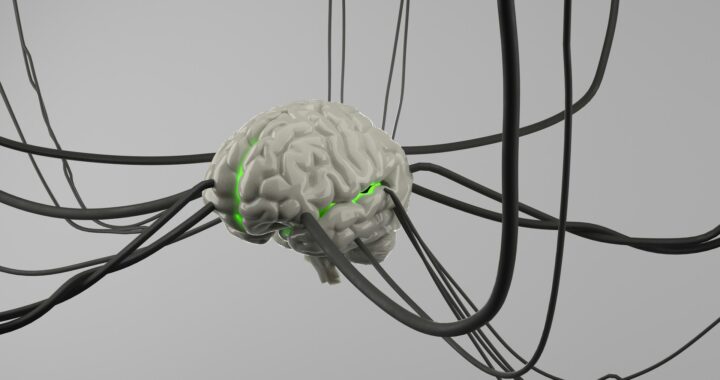
Dopamine: the chemical gatekeeper of your working memory
In a previous blog, we discussed the concept of working memory gating: the brain’s mechanism

In a previous blog, we discussed the concept of working memory gating: the brain’s mechanism

What if we were able to simultaneously view the brain from two perspectives, one informed by Indigenous wisdom and the other by science? Together, these perspectives offer not only a sharper vision but also a kinder and more inclusive way to understand the brain.

It was only halfway through the twentieth century that autism was given a clear name and definition. Yet doctors at that time already noticed that some autistic children also had epileptic seizures. Today we know that this connection is no coincidence: autism and epilepsy have more in common than once thought.

New research shows that even so-called “aligned” AIs — trained to follow human values and avoid harmful outputs — still reflect stereotypes. Even GPT-4, one of the most advanced models, repeats the very biases it was meant to suppress.

Fictional characters intrigue us not only because of their stories, but also because they reflect deep truths about human nature. In this series, we explore the minds of iconic characters from film and television, analyzing their behavior through the lens of neuroscience and psychology. In this edition, we turn our attention to Homer from The Simpsons.

From the moment you are born, you live in one body. This body grounds your perspective: you see, hear, and feel the world from this single point of view. Yet this also means you are stuck inside it. You can never truly know what it is like to be someone else. Or can you? With a few clever tricks, your brain can be persuaded that you have stepped into another body. This is the body-swap illusion.

Split-brain surgery, intended to treat severe epilepsy, has revealed surprising insights about consciousness. Does dividing the brain divide the mind?

Microplastics from everyday containers can harm not only the environment but also the human brain by triggering inflammation and disrupting cognitive and emotional functions. While complete avoidance is difficult, switching to reusable alternatives like glass or stainless steel can help reduce exposure and protect brain health.

“Humans are social animals” is an understatement. In this blog, we dive into why humans are super-social animals and why we need to study the human brain beyond the individual and in the context of the culture that has evolved it.

In 2025, science fiction is looking more like science fact. Brain implants, once the stuff of Hollywood thrillers, are now becoming real tools used to decode thoughts and restore function in people with neurological disorders. But can they really read, or even control, our minds?